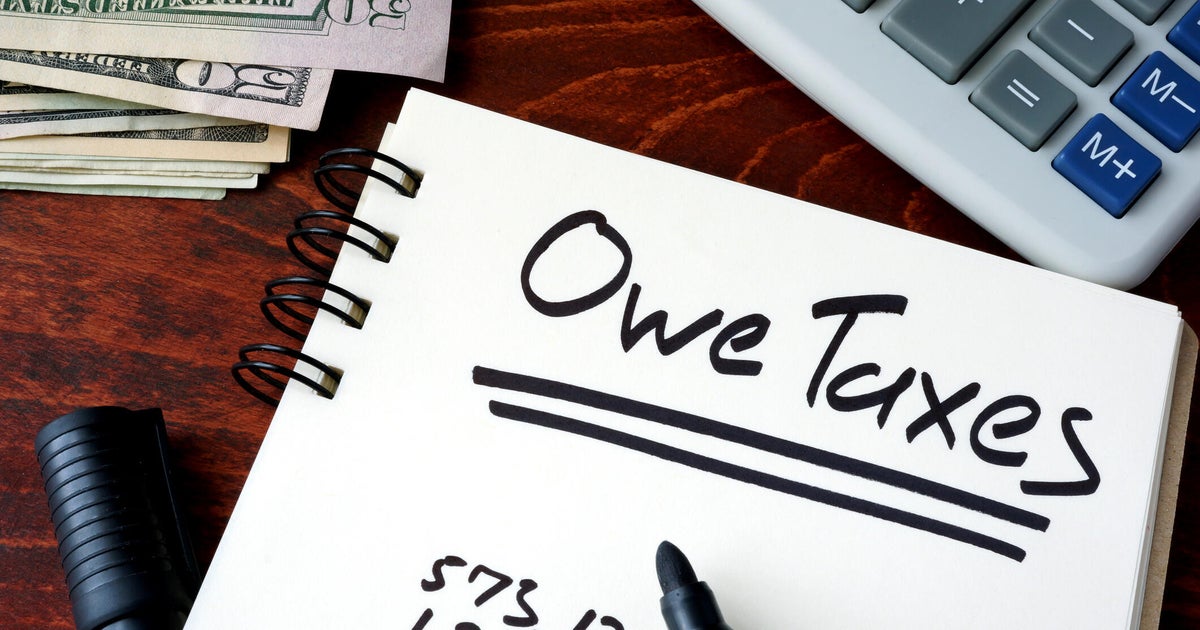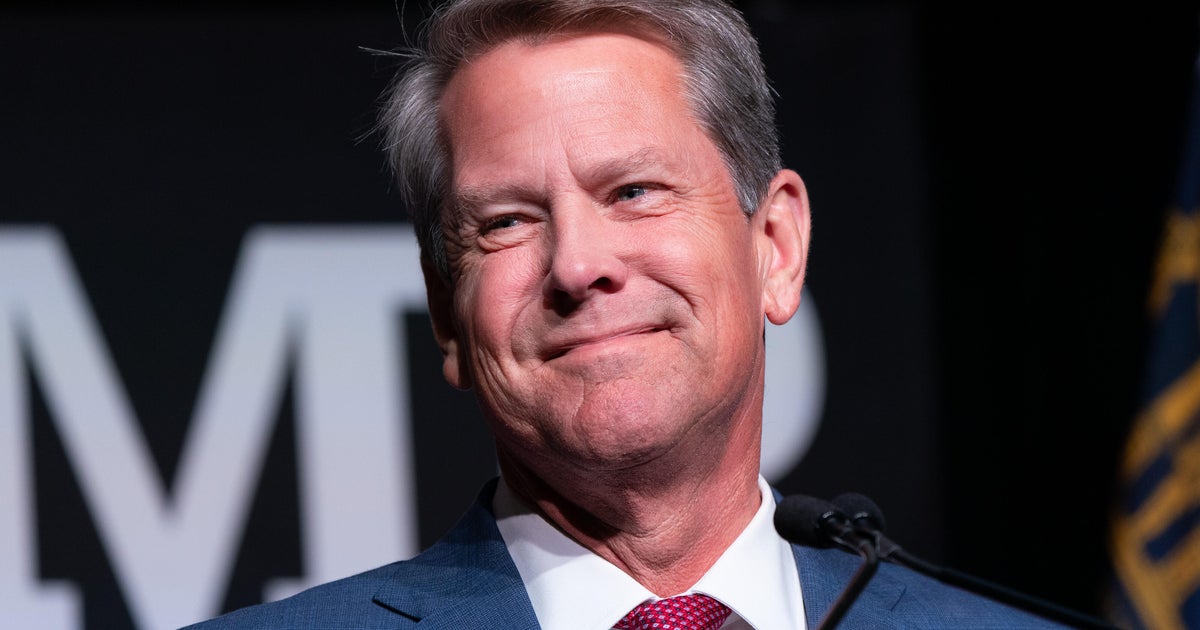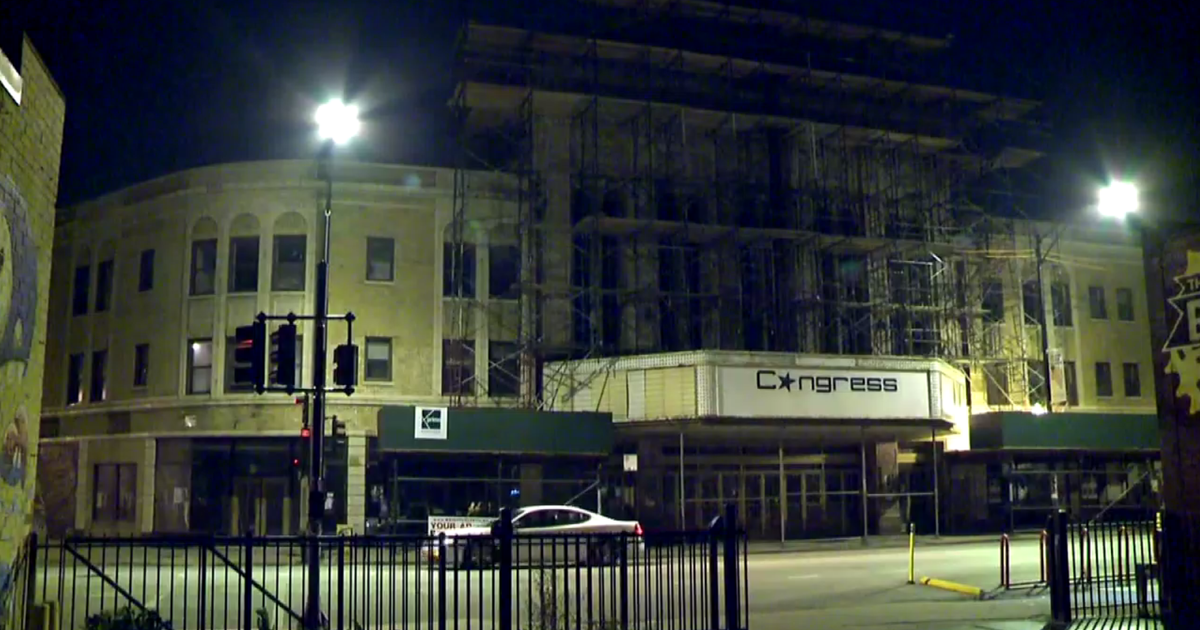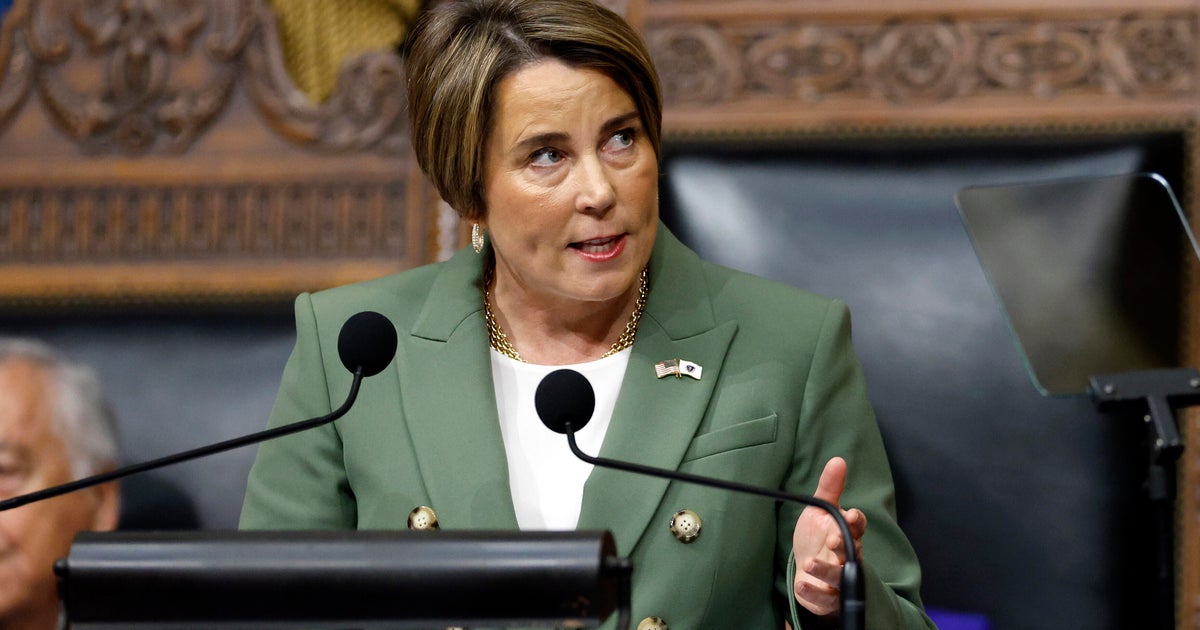COVID Relief: Our Children Will Pay For These Trillion Dollar Stimulus Packages
BERKELEY (KPIX) -- The Internal Revenue Service is already processing millions of $600 stimulus checks and Americans with direct deposit could see it in their bank accounts as early as Tuesday night. The IRS will mail out paper checks starting on Wednesday.
So far this year, the federal government has spent more than $3.5 trillion on COVID-19 relief and that's before this latest stimulus package was approved. So where is all that money coming from? The answer is: our children.
The COVID-19 stimulus bills approved by Congress are supposed to be a lifeline for the American economy, but it's getting CPR from the Federal Reserve.
East Bay economist T.J. Connelly says the U.S. Federal Reserve has been buying up most of the bonds Congress has approved for the stimulus programs, turning them from debt into a kind of phantom money.
"The COVID spending has forced the Fed's hand," said Connelly. "They've said, okay, we see that the federal government is going to issue this much debt, we have to monetize that debt to hold interest rates low because the risk of interest rates blowing higher very quickly is a big concern. And the Fed is keenly aware of that."
Interest rates are the immediate danger. Keeping them low keeps the economy moving but if they should rise, the amount the government would have to pay to service all the debt could skyrocket, eventually leaving it unable to pay for things like Social Security, Medicare and infrastructure improvements.
"At some point we won't be able to afford everything we promised people and economic growth may suffer because the government has to take a much bigger share of private sector income in the form of taxes," said UC Berkeley Economics Professor Dr. Alan Auerbach. He says we aren't feeling it now because of the low interest rates but that could change.
"Right now's not the time to be taking action but it may be a time for thinking about the future." he said. "That doesn't seem to be on anybody's radar screen right now."
Another danger of creating money from nothing is that is devalues the money that already exists. That's called inflation and causes the price of everyday items to rise, especially those made in other countries.
T.J. Connelly says the U.S. dollar has been considered the most stable currency in the world but this amount of deficit spending could cause uncertainty about that and ultimately change America's standing in the world economy.
"Uncertainty is an economist's term for fear," he said. "So, when I say I see greater uncertainty in the future, I'm scared, yes -- absolutely."






